The project addresses the challenge by;
Sustainability Strategy:
Update: The circular Camps consortium is implementing the Waste to clean energy project in Imvepi Refugee settlement in Terego District. In March 2021, the Circular Refugee Camps Consortium organised a kick-off and inception in Imvepi (photo’s 2 & 3). A project site in the Imvepi refugee settlement was identified to establish the biodigester (photo 4: village 5, zone 3). The biodigester has been built by SEMiLLA in the Netherlands and will be shipped to Uganda for set-up in late November 2021. In addition, 212 acres of land were promised for regreening working with the landlords in the project area. Thereafter, members of the consortium held a planning meeting during which they agreed on six modules and organisations responsible for developing the materials for on/offline learning (photo 5). Moreover, continuous community engagement and awareness sessions commenced in April 2021. The focus laid on creating awareness on the benefits of using biogas for cooking and lighting and the dangers of using wood fuel for cooking. Unfortunately, these sessions were interrupted for three months because of the lockdown to curb the spread of COVID-19 within the refugee settlement and amongst the implementing team.
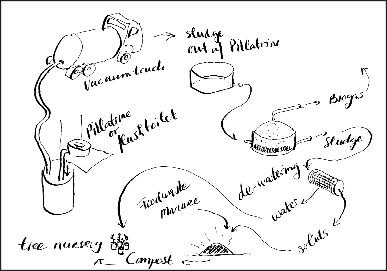
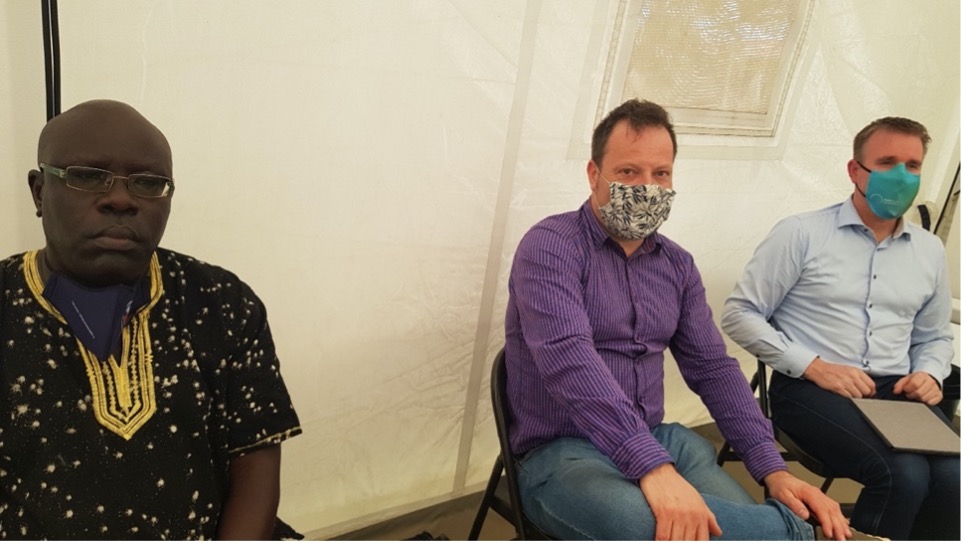
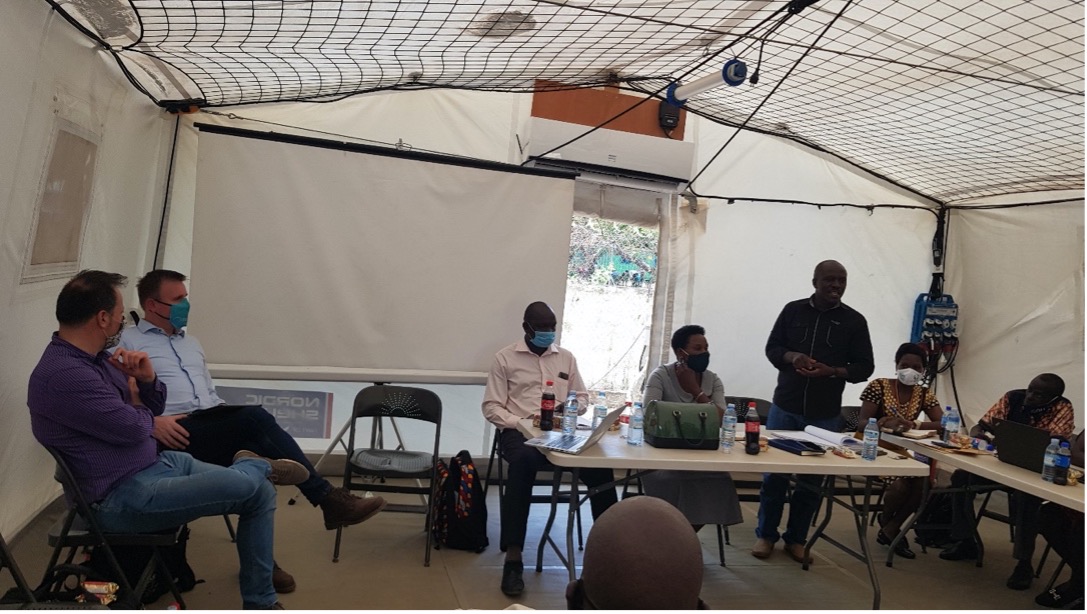
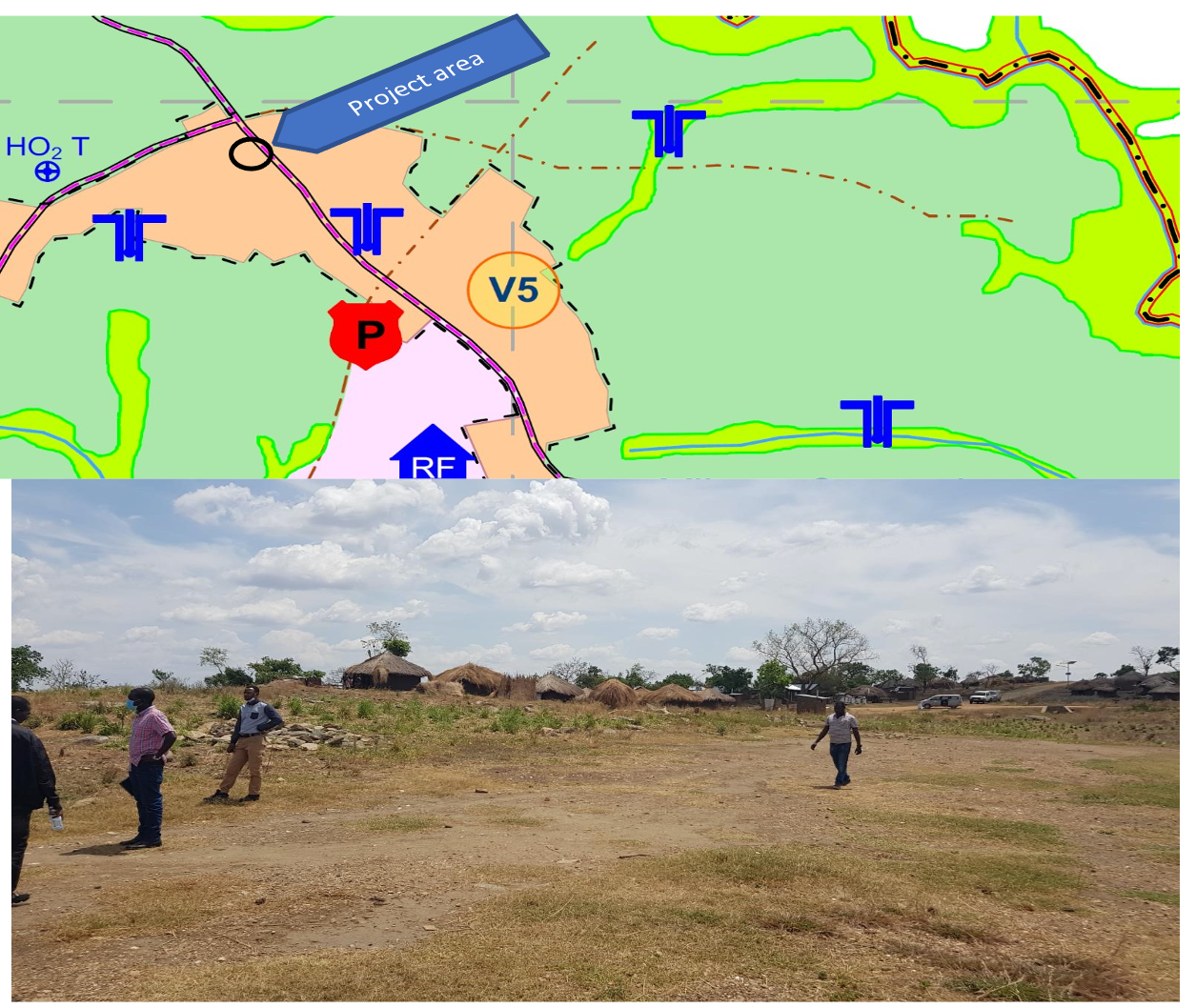
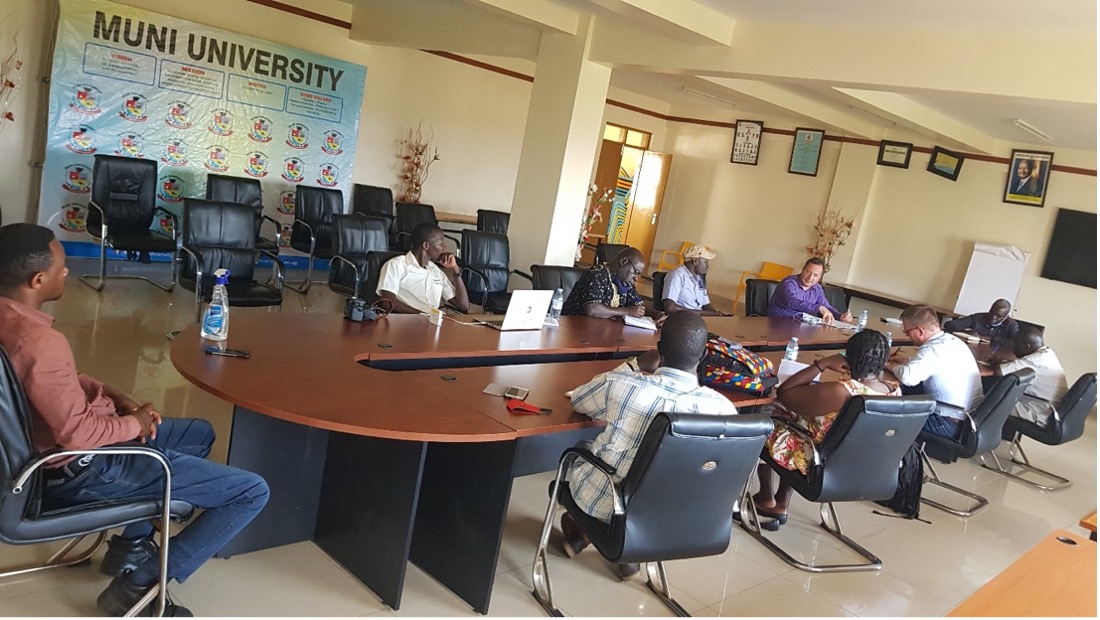
Save the Children
Laan van Nieuw Oost-Indië 131-k
2593 BM Den Haag
The Netherlands
Chair organisation: ZOA
E: office@dutchrelief.org